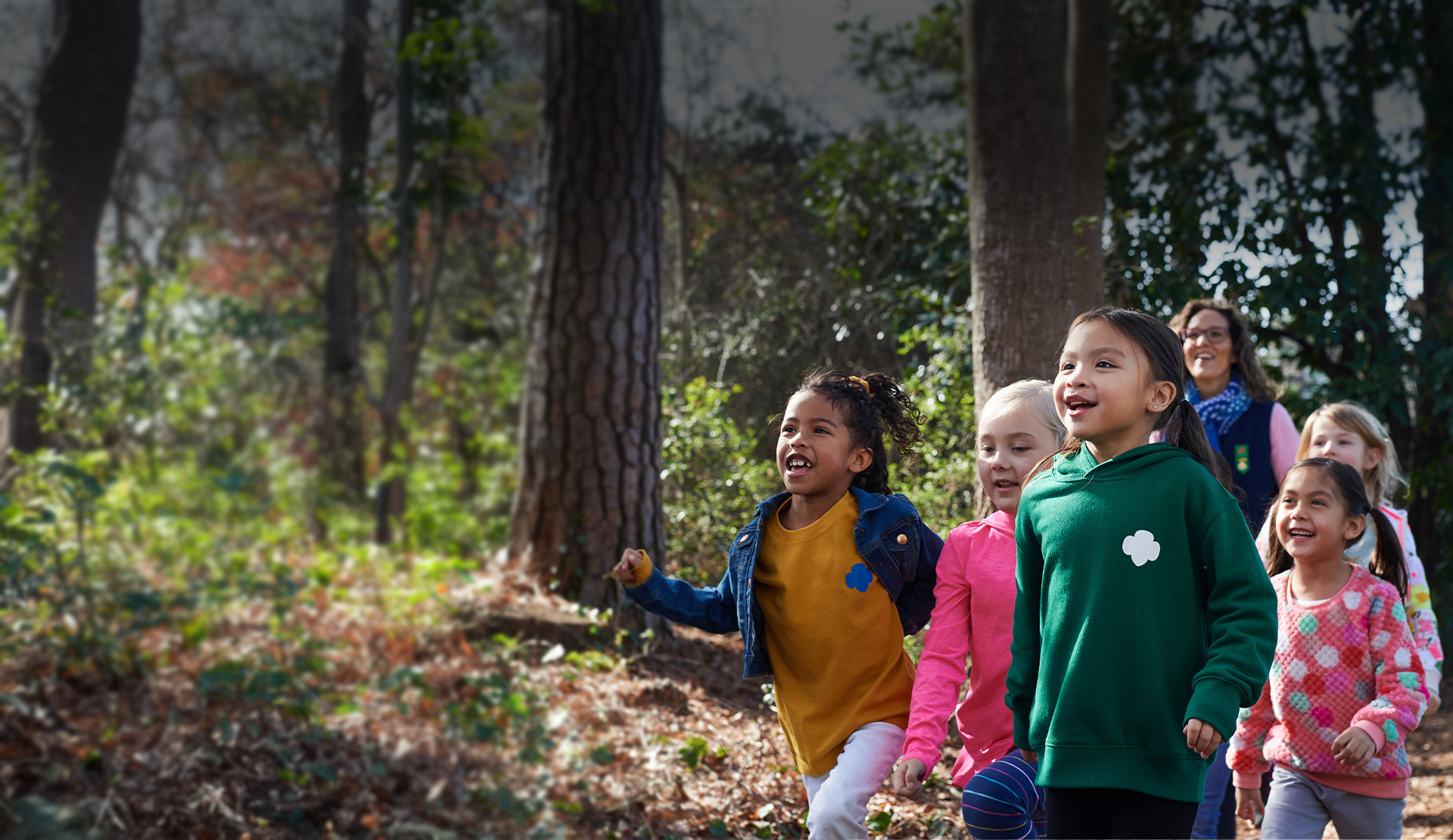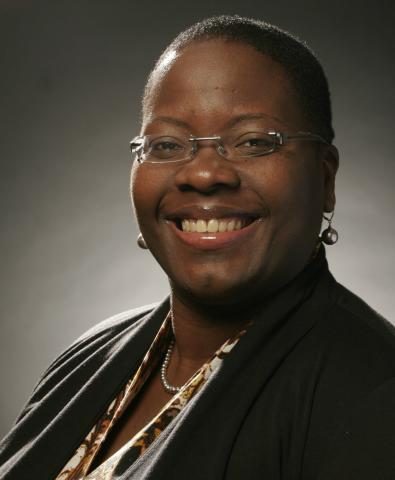
Dr. Shannon Jones, a Girl Scout, shares what Girl Scouts means to her
and the importance of preserving history!
Girl Scout Shannon Jones recently received a new title: Doctor! This
educated woman currently serves as a tenured staff member at the
Medical University of South Carolina. As the Director of Libraries
there, Dr. Jones is deeply interested in communication, education, and
preserving history, and her time as a Girl Scout deeply affected her
work today.
Dr. Jones was a Girl Scout for about eight years, and took on the
leader role in Girl Scouts for the Commonwealth of Virginia back in
2009. There, she worked with 5 troops at once. She has led Scouts for
14 years now, for a grand total of 22 years with Girl Scouts so far!
Dr. Jones says her best memories of these years are the activities the
scouts do together, especially the ones that help the members “be
independent thinkers and… leaders.”
Girl Scouts has always been an important organization for Dr.
Shannon. “I always tell people that I learned everything I needed to
know about being a leader as a member of the Girl Scouts,” she says.
That’s why she’s still with Girl Scouts: “Everything that we need to
know about being leaders was embedded in me as a child.”
Dr. Jones also believes that Girl Scouts can have the same positive
effect on others. Being a Scout teaches you “everything that you
should be, not only just as a human, but as a leader.” Girl Scouts
offers a safe place for young people to have a sense of community with
their peers, exhibit their unique talents, pursue their interests, and
have their voice be heard.
Girl Scouts often go on to make a difference in the world because of
the skills they learn during their time here. Dr. Jones admires this
about the Scouts, and asks us to remember:
“We have girls who need to be empowered. We have girls who need to hear: you are enough. You can do hard things. You got to try new things… It's all about being that mentor that you needed when you grew up.”
Empowerment is key, but equity and awareness must also be remembered. These are the things that make Girl Scouts a safe place. Making sure each girl's opinion is heard and effort rewarded is a vital part of being a leader, Dr. Shannon tells us. Be open minded, dream big, work hard, listen, and plan: these are the steps to success!
In the same way that Dr. Jones’s role with Girl Scouts has improved
her leadership in her career, her position has made an effect on her
work with Girl Scouts as well. As the Director of Libraries at the
Medical University of South Carolina, Dr. Jones is dedicated to
preserving history, and there is so much Girl Scouts history to
explore.
The GS council that Dr. Shannon works with was one of the first councils in the south to accept Black scouts. Plus, there is so much great memorabilia just sitting around in basements and in storage that deserves to be seen: old uniforms, sashes, badges, and guide books. One artifact became one of Dr. Jones’s favorites: a poster depicting several young African American scouts in a Girl Scouts parade. History can teach so much, and Dr. Jones seeks to preserve the rich history behind this organization.
Dr. Jones says the importance of having an archive is so “when you retire, and there's this new generation coming behind us, what will we be leaving for them? What kind of legacy will the council be leaving for people coming behind us?”
From oral stories passed down about camp memories, activities, and friendship to the actual mementos, Girl Scouts history is complex, beautiful, and worth learning about. Without it, Girl Scouts would not be, and no one knows this better, or is working harder to save our past, than Dr. Shannon Jones.
~ written by Guest Author, Paige Blackburn

